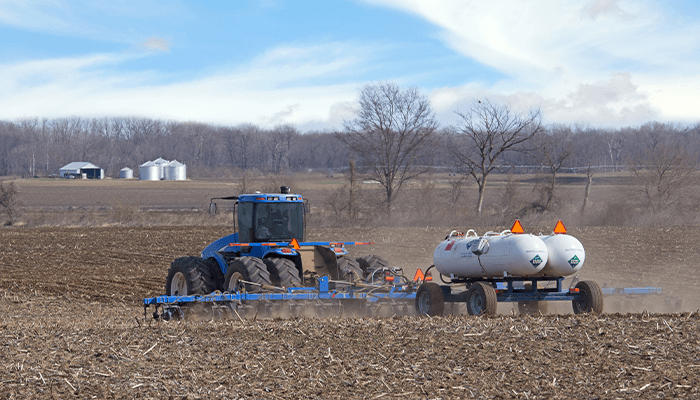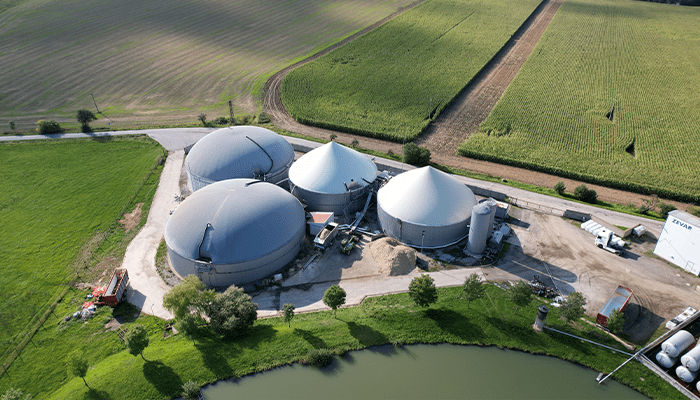
Addressing the Ag Industry’s Supply Chain Challenges
Weather, geopolitics, structural issues, consumer demand, and labor shortages represent just some of the many issues working together to compound the global supply chain problem for the ag industry. This confluence of factors has made it difficult to move product, contributing to supply chain inflation and concerns about food security.
Supply chain problems are likely to stick around for the foreseeable future and addressing them will take time. To protect your agribusiness, you must understand what makes your operation vulnerable.
Supply chains are only as strong as their weakest link, so the first step is mapping the operation’s processes to its external supply chain dependencies and ranking areas of exposure. This helps identify where an interruption could be a problem. For a more complete picture, pinpoint key suppliers and prepare a list of second and third-tier suppliers and partners. Consistent monitoring and supplier mapping can help an operation act quickly during a supply chain failure.
Current weather events and future climate changes are additional factors to consider when assessing supply chain risk. Think about how weather has impacted your supply chain in the past and what impact climate change may have on your operation.
Once there is a complete picture of your vulnerabilities, define what resilience-building measures can be applied. During this exercise, you may discover that you have an opportunity to do things differently – using products and processes that may not have been used before.
Some examples of resilience-building measures include:
- Adopting a policy that encourages collaboration throughout the supply chain
- Leveraging technology and data for real-time and predictive analysis
- Enhancing environmental sustainability and natural capital
- Conducting vulnerability assessments and establishing contingency plans
- Identifying alternative suppliers and materials
- Exploring alternative logistics arrangements
- Enhancing crop resiliency and biosecurity
- Optimizing infrastructure to support market and crop diversity, aligning with future demand
There is no singular solution to today’s complex supply chain challenge. Creating a more resilient supply chain requires cross-section collaboration and partnership among those in the industry, private enterprise, and the government. Planning ahead gives you a competitive advantage, allowing you to act quickly when the warning signs appear. Contact the AssuredPartners Agribusiness team for more information on mitigation strategies and the important role insurance plays in managing your supply chain risk.
Featured News & Insights

Nitrogen is the cornerstone of crop production, vital to plant health and growth. However, one of the most efficient yet challenging sources of nitrogen is anhydrous ammonia (NH3). While NH3 is an...

Carbon credits as a concept have been around for years, offering both environmental and economic opportunities for the agriculture sector. With sustainable practices taking center stage, it's...

The outlook for the U.S. poultry market is promising as demand remains high, flock populations have recovered, and market prices are expected to increase, according to the USDA’s August 2024...